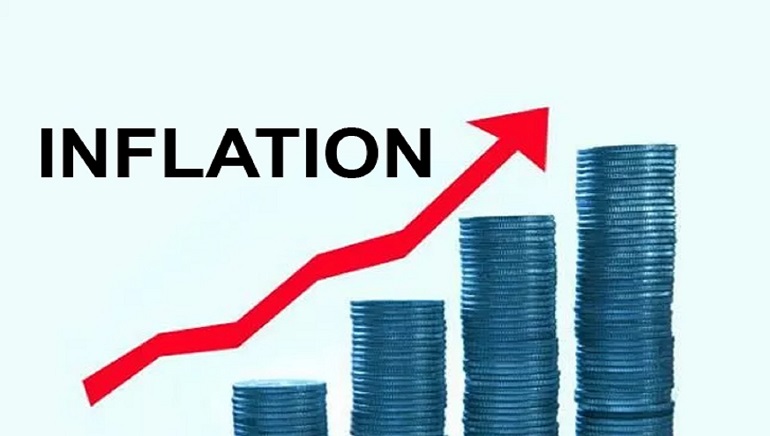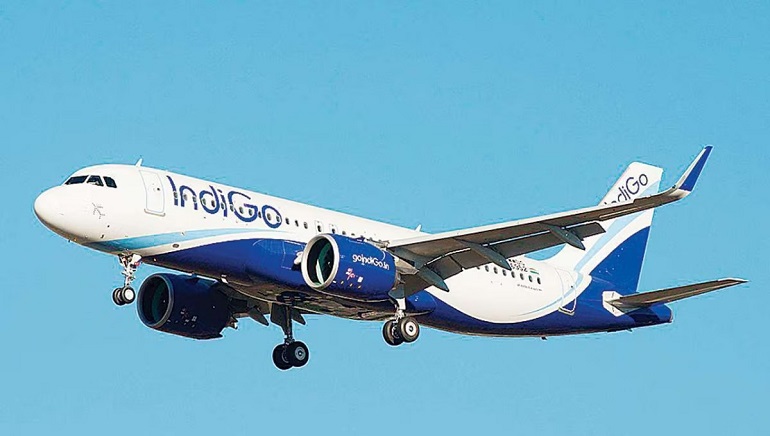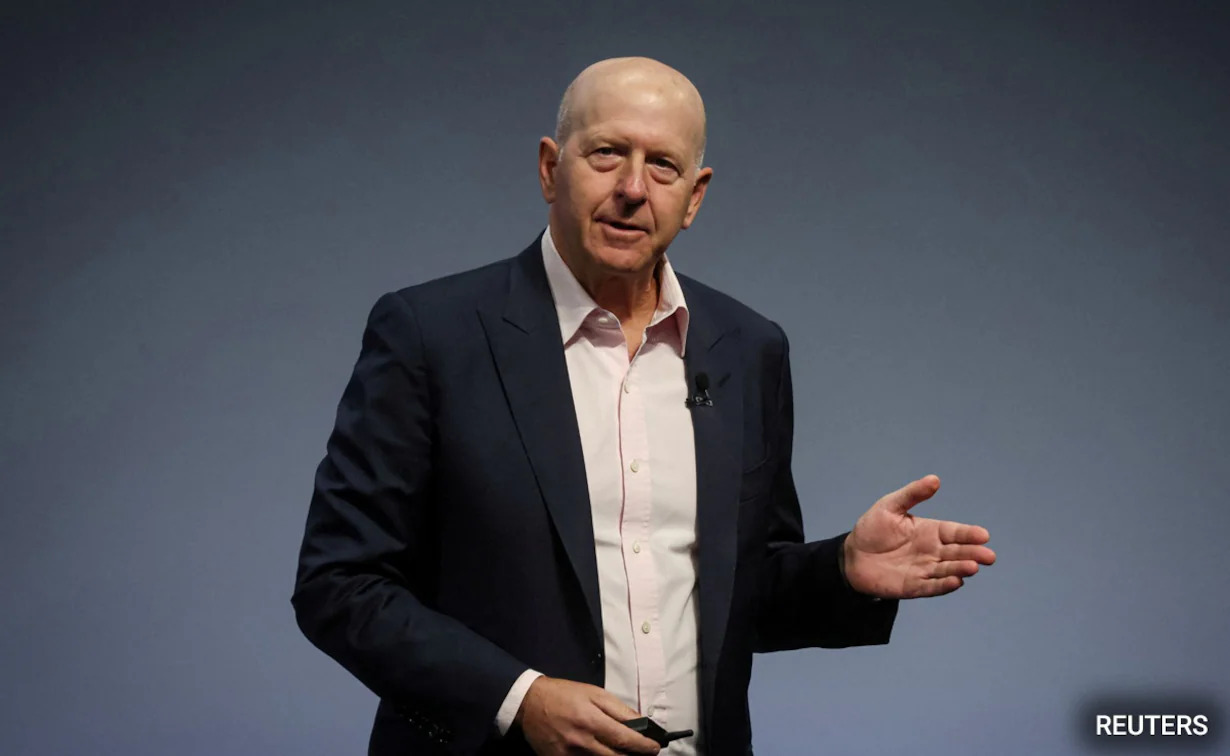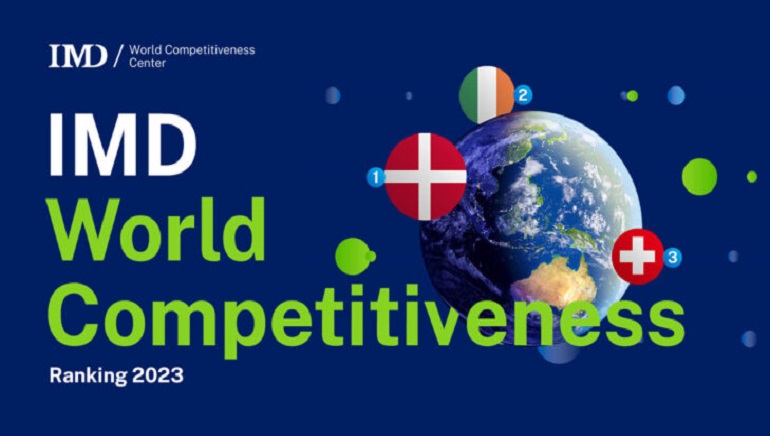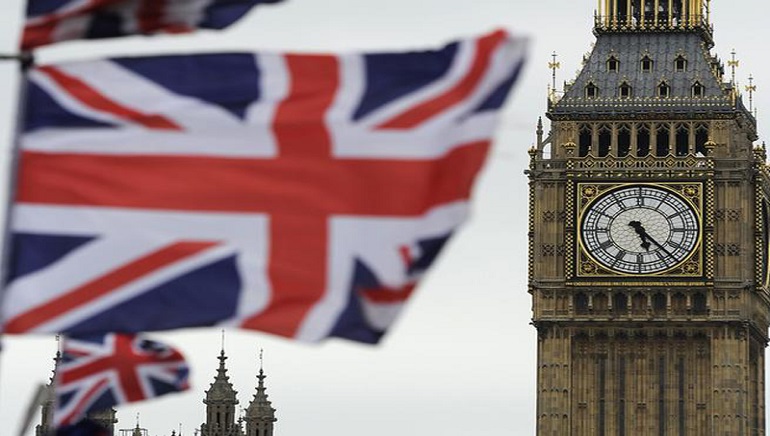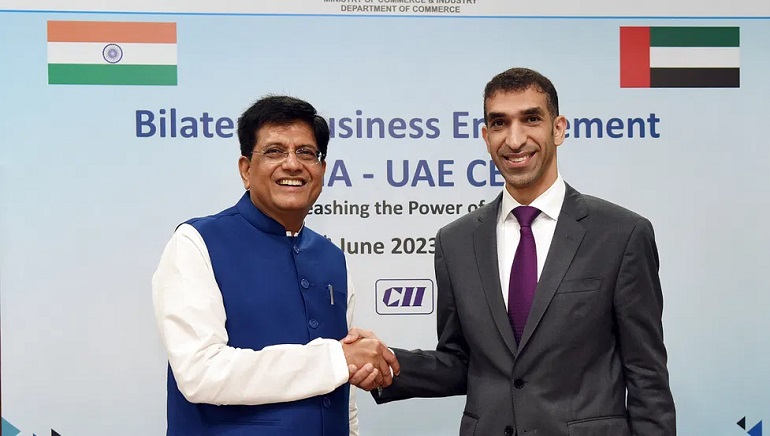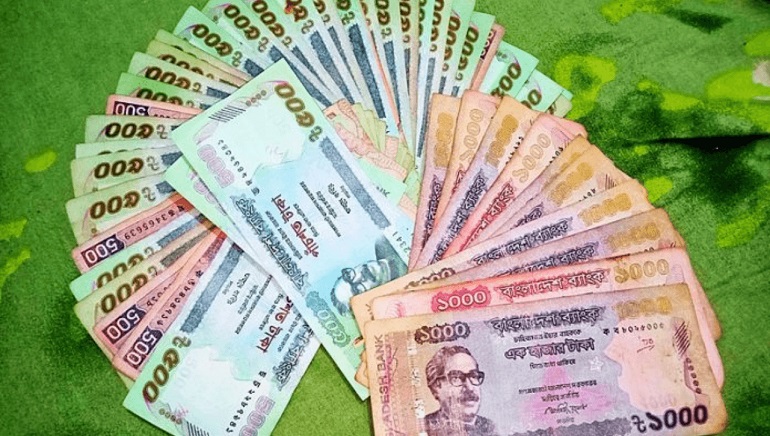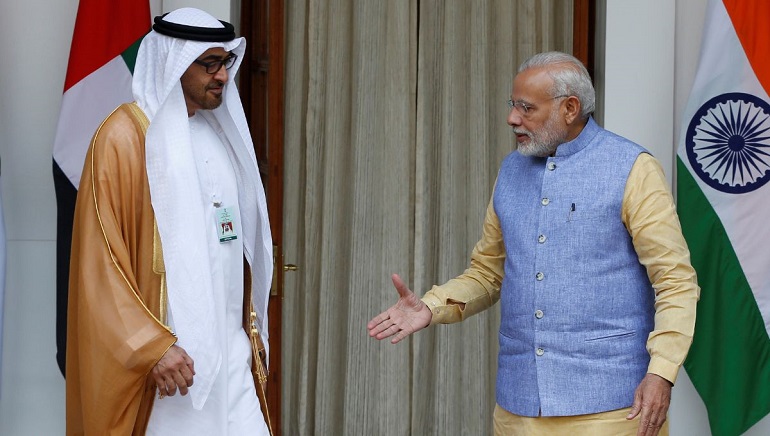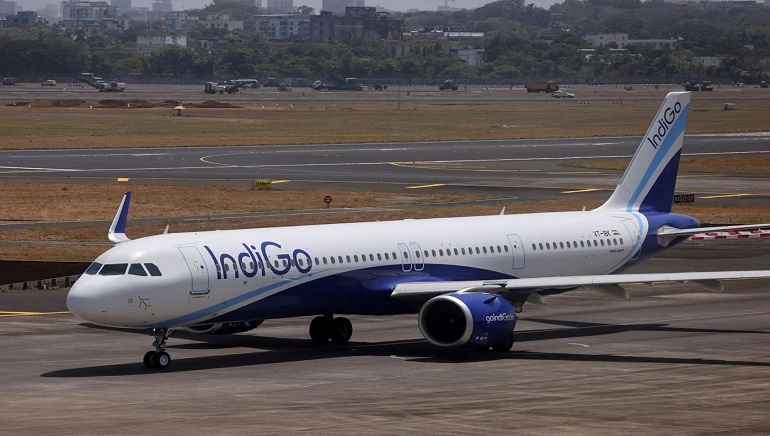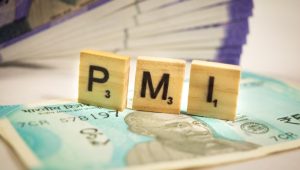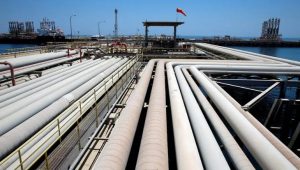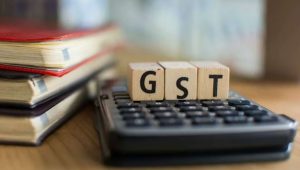Inflation pushed in different directions in Europe last month, as it increased in Germany and fell again in Spain.
German consumer prices jumped 6.8 percent in June from a year earlier, up from 6.3 percent in May, according to the state statistics office Destatis. The figure also partly increased due to a widely used offer of cheap transport tickets last summer, analysts said. However, in Spain, lower food and energy inflation raised the consumer price index only 1.6 percent in June from a year earlier, down from 2.9 percent in May.
The increase in inflation in Germany – Europe’s largest economy – on June 29 came a day before the release of inflation figures for the entire 20-country area using euro as currency. Inflation in the Eurozone has been falling from its peak of 10.6 percent in October to 6.1 percent in May. However, it is still way too high than the target of 2 percent set by the European Central Bank (ECB).
ECB Chief Christine Lagarde has warned inflation is persistent enough to merit at least one more interest rate hike at the bank’s July 27 meeting. Higher interest rates are central banks’ prime tool against inflation.





